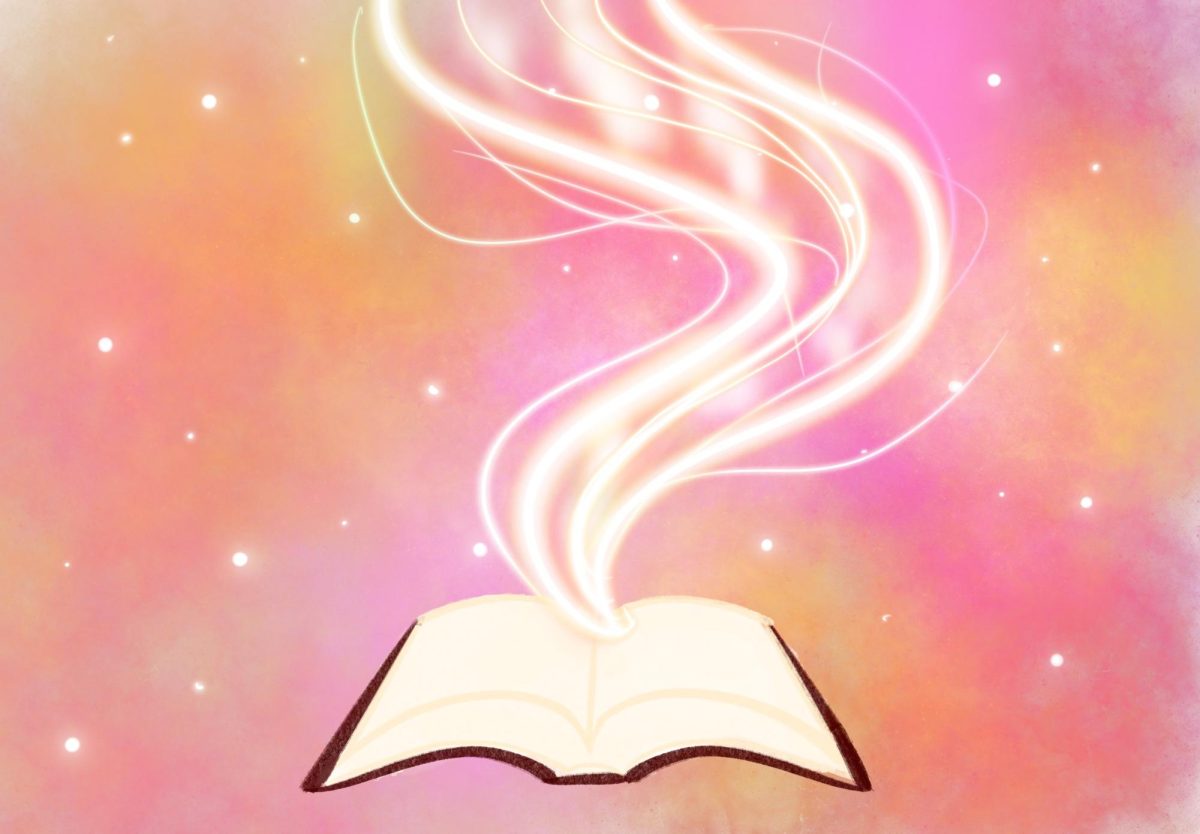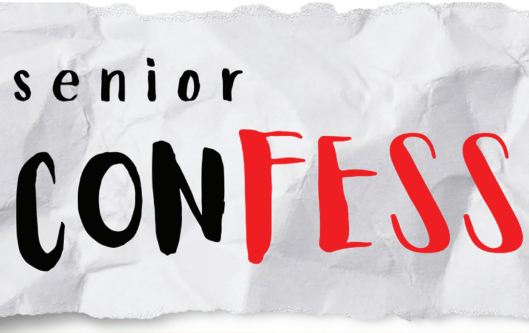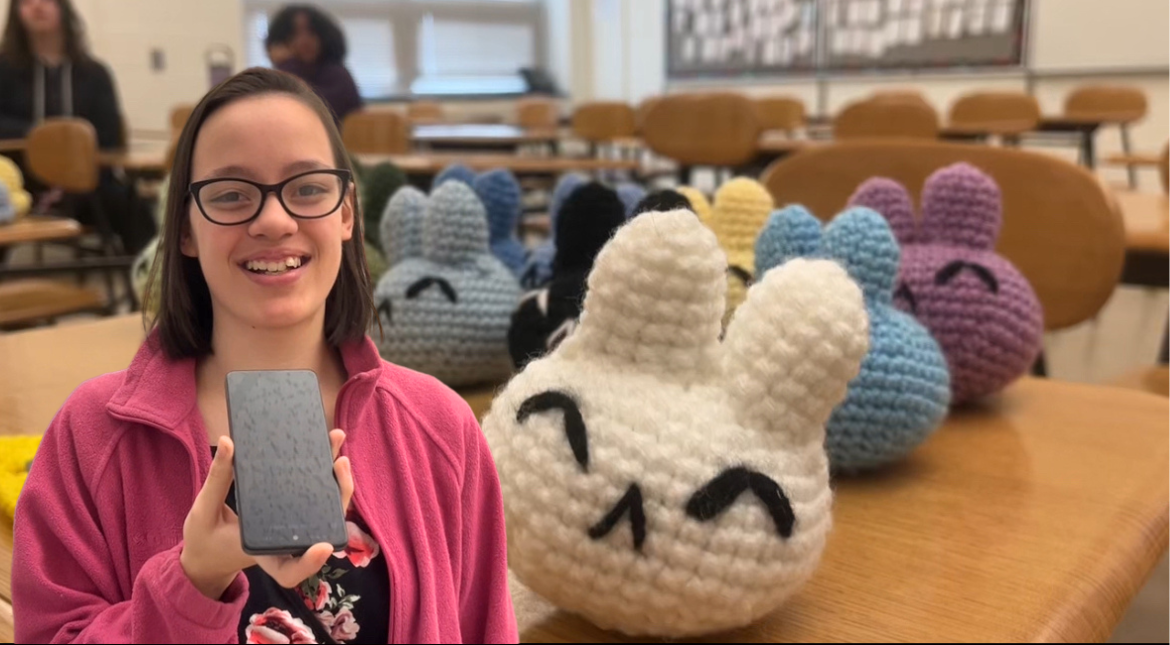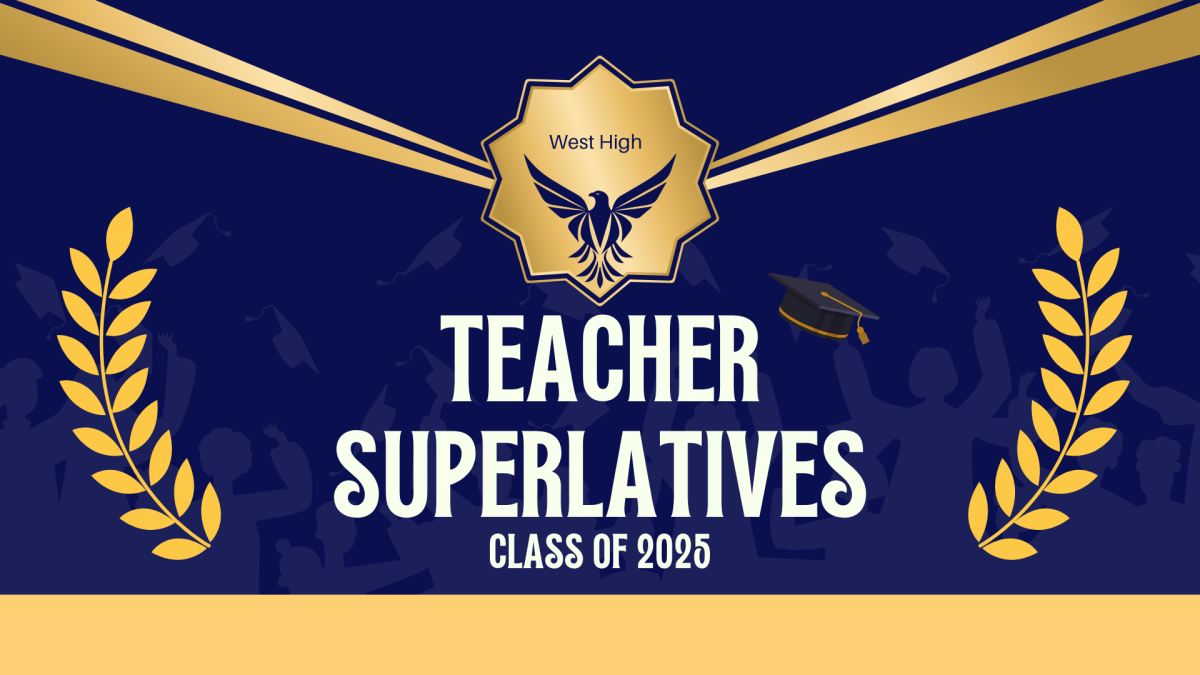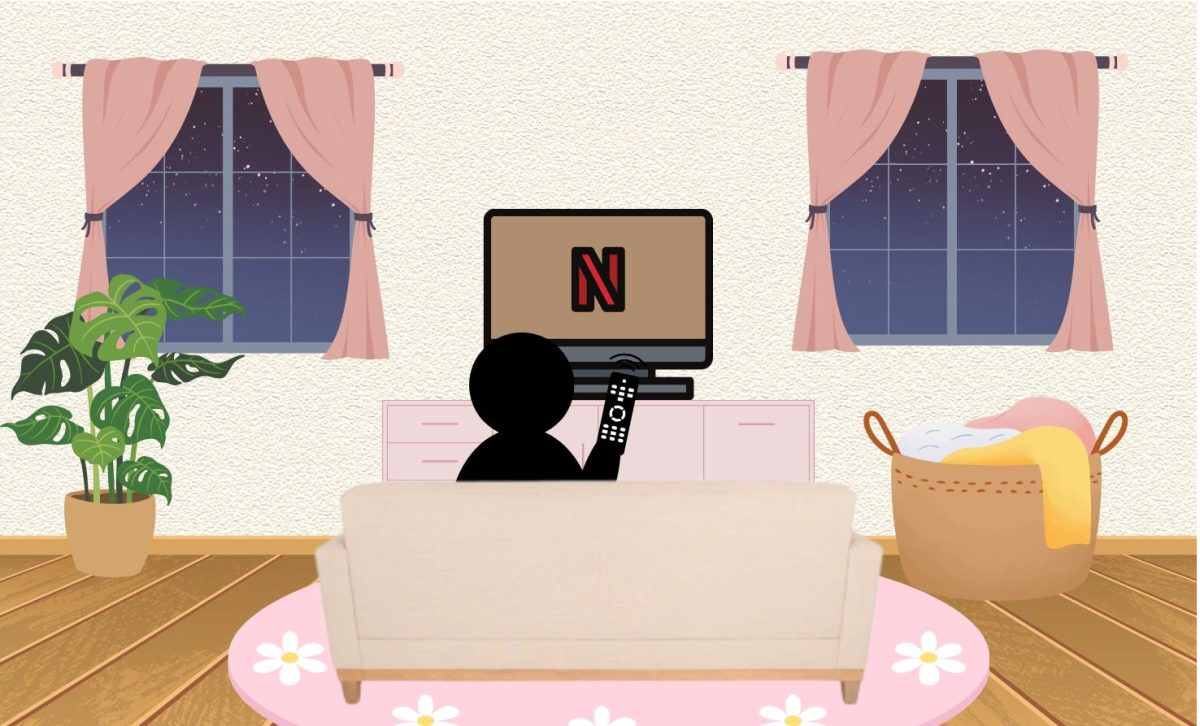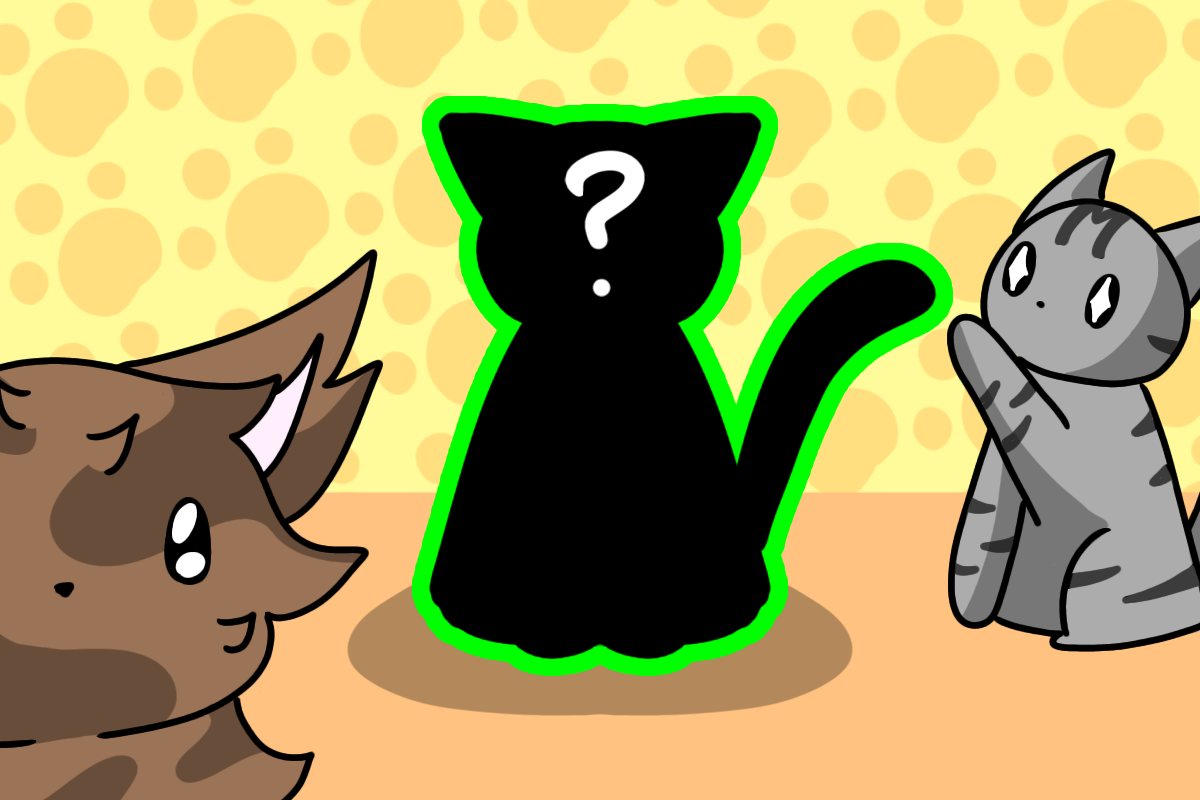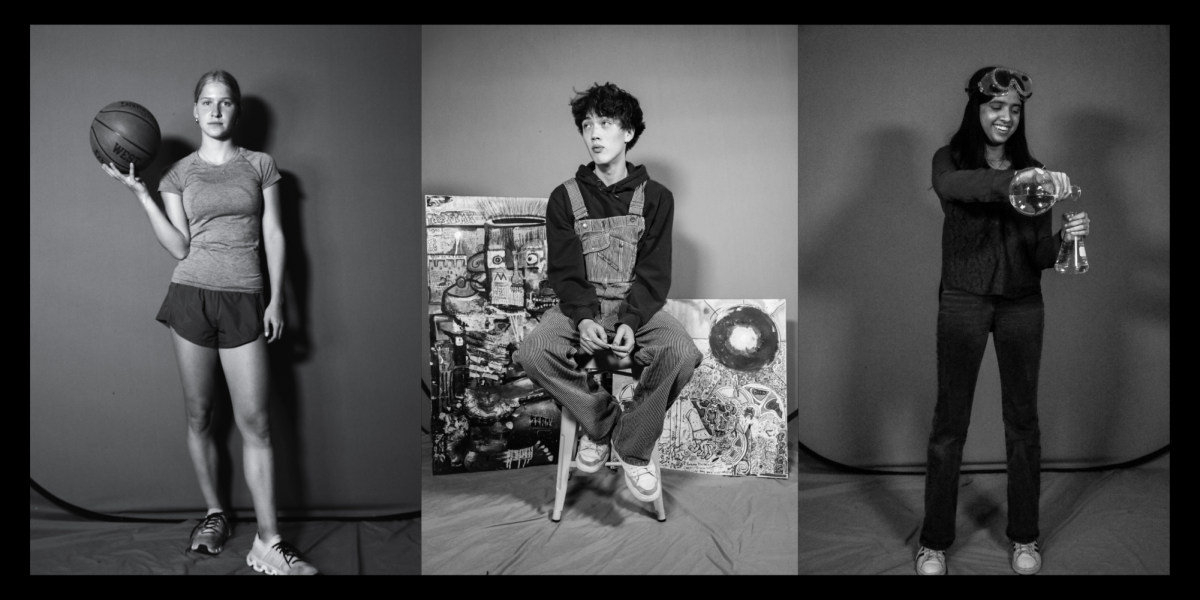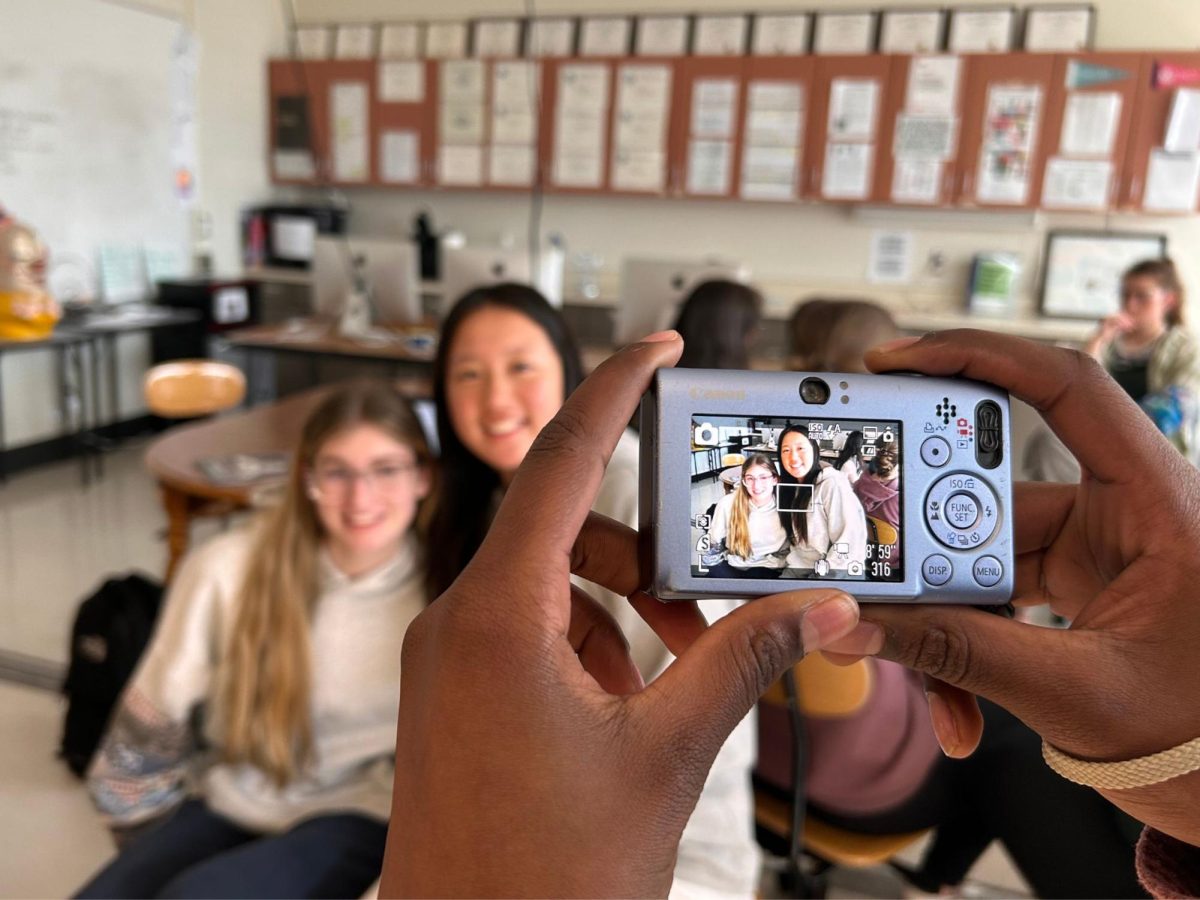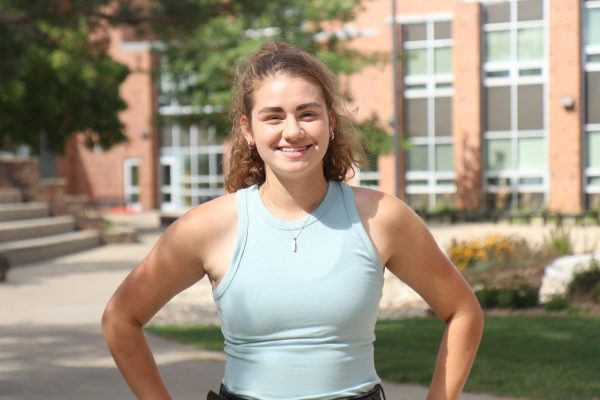During the deadly stillness of Sustained Silent Reading (SSR) time, many students daydreamed, goofed off or snoozed. But those lucky enough discovered a passion that sent them on adventures in foreign worlds and emotional rollercoasters: reading.
In elementary school, most children were encouraged to read, whether for a reading log, SSR or during a visit to the school library. Some students found solace in reading, such as Lucy Schau ’25.
“My mom’s a librarian, so I’ve always kind of spent my life reading. Instead of watching a YouTube video, my parents would be like, ‘Read a book,’ and that’d be my go-to,” Schau said.
She started to get into reading in kindergarten and first grade, so much so that she got in trouble on purpose to sit in the timeout spot and read while other students did classwork. Schau also escaped to read in the school library, where she could pick out new books and ask for recommendations from the school librarian, Mr. Schlitz, who was exclusively referred to as ‘Mr. S’ by students.
Reading opened up her relationships with people at school and on the internet. Friendships were formed with school librarians and other students who liked similar books, while fandom spaces online enabled conversation, creativity and connection about “something that you really like, love and enjoy,” as Schau said.
She was reading books like “Harry Potter,” “Warrior Cats,” “Magic Treehouse” and “Thea Stilton,” which were thicker books than might be expected of a first-grader. “Sometimes, I did not understand what I was reading, but I read it anyway. And then, two years later, I reread it, and I’m like, “Oh, it’s completely different than what I remember it being,” Schau said.
Fellow avid reader Lucy Gerlieb ’24 progressed from graphic novels and smaller fantasy books, such as “Smile” and “The Power of Poppy Pendle,” to larger fantasy novels like “The School for Good and Evil” in middle school. From there, however, Gerlieb found this pace difficult to continue.
Themes Gerlieb enjoyed seeing in books included close friendships and, in middle school, dystopian or ‘rebellion against authority.’
“I don’t know why [close friendships] entertain me so much; you have little banter which is like “The School for Good and Evil,” she said
Required reading time was something that spurred Gerlieb to read more books, especially in late elementary school.
“In fourth and fifth grade, the teachers would have set aside reading time for the whole class. So then I was forced to read, and it’s like ‘Okay, maybe I kind of like this,’ and [I checked] out more and more books. So yeah, I think that being forced to read got me into it.”
While she started reading more because of required reading, Gerlieb stayed for the escape it provided, similar to how Schau escaped to her elementary school library.
“Trying to go into another world, and escape, is what I really liked.”
Abby Van Every ’26 ignited her passion with another popular fantasy saga. When she was 8, she started reading the Percy Jackson and the Olympians (PJO) series and absolutely loved it.
“I think [PJO] really sparked my joy of reading and is the reason why I enjoy fantasy and sci-fi now,” Van Every said.
Representation contributed to her love of the series. Many characters in PJO have attention deficit hyperactivity disorder and dyslexia, and positive and accurate representation like that can help normalize stigmatized topics and help kids form connections with and see themselves in characters.
Van Every also read “Harry Potter,” “Diary of a Wimpy Kid,” “I Survived” and other books by Rick Riordan, the author of PJO, such as “Heroes of Olympus” and “Magnus Chase.”
These books are still revisited by Van Every today. “I can open up any Harry Potter book, flip it to a random page and I know what’s going on,” Van Every said.
From a staircase-dwelling wizard to a demigod from the Big Apple, from domestic cat clans to mice with colorful language, these fictional stories meant so much more to so many. Reading as a child helped foster a love of books in all three readers and gave them memories, friends and adventures they carry with them everywhere they go.
“People should read a lot more than they do. I love it so much. I feel bad for the people that don’t like [to read],” Gerlieb said.





